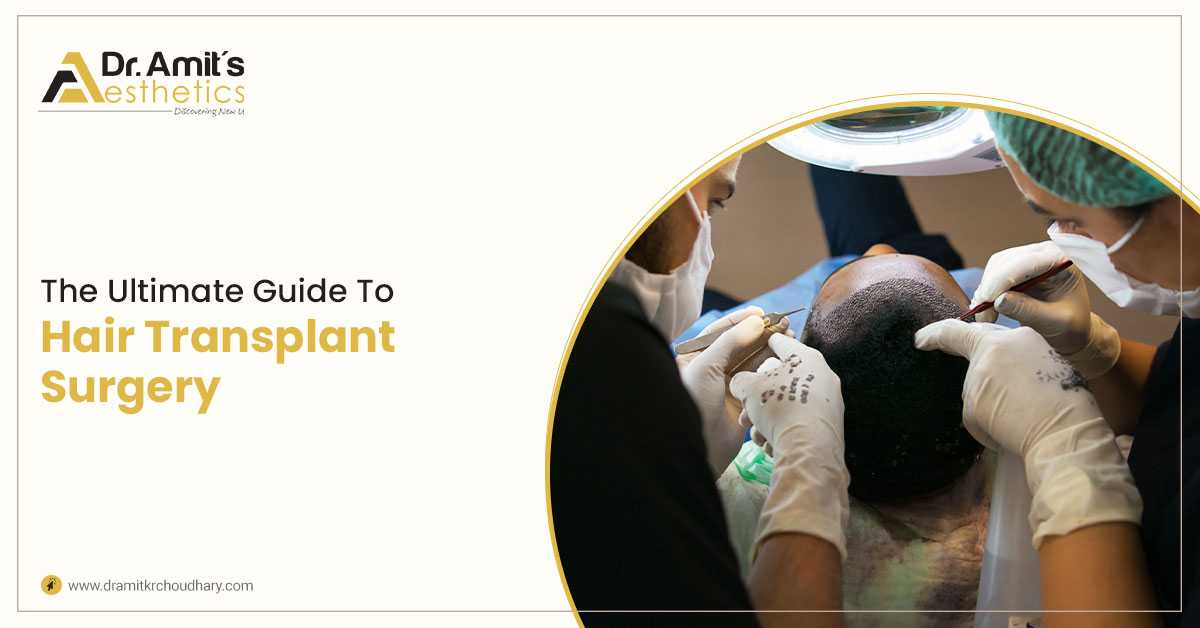Hair transplant surgery means moving hair from one area to another part by using several medical systems. Hair transplantation is one of them, in that case, you need to have thick hair in your head. Loss of hair depends on many factors such as alopecia etc.
Grafting hair in the bald area of your scalp is a useful treatment. While you are failed to take other hair loss treatments a cosmetic surgeon in Siliguri will help you. Generally, dermatologists or cosmetic surgeons will perform hair transplant surgery.
Hair Transplant Surgery: Who Are Eligible Candidates?
You are considered a suitable candidate if you have the following factors:
-
Good health
-
Expectation of a positive result of hair transplantation
- Thick hair in any parts of your scalp
Hair Transplant Surgery: What Are The Reasons For Doing It?
Many reasons are responsible for hair loss. Sometimes hair loss is temporary but sometimes it is permanent. The reason behind permanent hair loss includes:
-
An autoimmune disease that targets your hair follicles
-
Thyroid
-
Some hormonal imbalance
-
Andrketogenic alopecia
-
Traumatic injuries such as burns etc
Hair Transplant Surgery: Treatment Types
Generally, four types of hair transplant surgery are available which include:
-
Grafting
-
Flap surgery
-
Scalp reduction
-
Tissue expansion
Hair Transplant Surgery: What Can You Expect?
Hair transplant surgery has some prospective benefits which include:
-
Permanent solution for hair loss
- Head full of hair and small bald scalp
- Self-esteem
Hair Transplant Surgery: Possible Risks
Unlike other surgery hair transplants also have some risks which include:
- Allergy due to anesthesia
- Excessive bleeding
- Unsuccessful graft
- Loss of scalp
- Scare marks
- Infection
Hair Transplant Surgery: Possible Side Effects
The side effects of hair transplant surgery are temporary. You may feel some complications at your scalp where the donor scalp is transplanted. These are:
- Pain
- Coating
- Swelling
- Tightness
- Feeling of loss
- Itching
Hair Transplant Surgery: Know The Recovery Process
Mostly after completing the surgery, you can go home on the same day. Your recovery time and process depend on which type of surgery you are selected. After surgery you have to attend the following session:
- Remove your bandage (1st Day)
- Wash your hair (2nd Day)
- Join your workplace with limited activities ( 3rd to 5th Days)
- Remove stitch (10th Days)
- Join laborious daily activities such as exercise, etc (3rd week of surgery)
Whether other treatment options are not worked successfully hair treatment option is beneficial to you. Though there are many hair restoration treatments available, with the help of a board-certified cosmetic surgeon in Siliguri you can expect to meet your choice.
Before commencing treatment think about the practical aspect such as the cost and healing time of the surgery.






